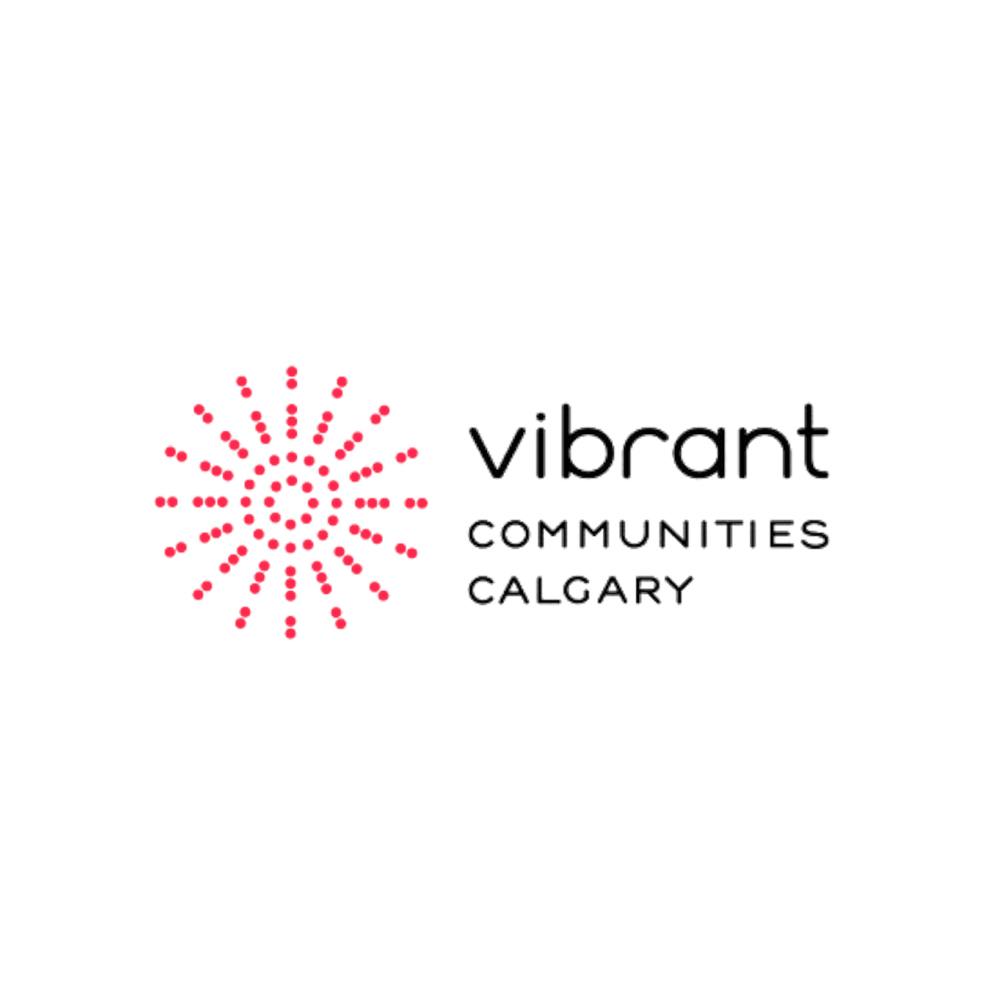TIP: Voting is a poverty reduction strategy
Albertans will head to the polls on April 16, 2019. You can vote at any advanced poll location in Alberta April 9 -13, 2019. Visit elections.ab.ca to get educated, go to CCVO’s Provincial Election Toolkit to encourage others to vote, and check out the letsdothisalberta.ca campaign, to make poverty reduction front of mind this election.
The Enough for All strategy aims to reduce poverty through systemic change, and that includes influencing social policy.
Stewardship of the Enough for All strategy was appointed to Vibrant Communities Calgary (VCC) in 2015, and since then, there has been progress on poverty reduction in a number of areas through social policy.
• Calgary’s Fair Entry program, in place since May 2015, is improving access to city services by offering a low-income transit pass, and many fee assistance programs.
• Enough for All has been incorporated into many City of Calgary strategies including, Calgary’s Economic Development Strategy, Resilient Calgary and A Prosperous City.
• Changes to provincial regulations and municipal bylaws have saved Calgarians millions of dollars in high-interest payments to payday lending institutions.
• The indexing and cost of living increase to Income Support and AISH as indicated in Bill 26: An Act to Combat Poverty and Fight for Albertans with Disabilities. Read more about this legislation.
• The $25 dollar a day daycare pilot making quality childcare more affordable for Albertans provided subsidies to 22 child centers in Calgary.
• The introduction of the Alberta Child Benefit and changes to the Canada Child Benefit are already demonstrating an impact. According to recent statistics by Statistics Canada, the rate of child poverty in Alberta has been cut in half.
• The increase in minimum wage, bringing it closer to the cost of living in Calgary.
• A number of investments have been made at all levels of government with regards to affordable housing: The City of Calgary’s corporate affordable housing strategy and coordinated access to non-market housing, the Alberta government’s investment of $1.2 billion to construct and update more units, and the Government of Canada’s national housing strategy.
Why they matter
We recognize that with the upcoming provincial election it is important to highlight the benefits of these policies for their contribution to poverty reduction.
Childcare in Alberta is costly, and unaffordable for some families. Alberta families spend an average of $1,095 per month, per child on childcare. The affordable childcare pilot, if expanded, has the potential to serve many low- income families and especially women who have been marginalized from the work force as a result of exceedingly high child-care fees. Furthermore, investments in early childhood education can help prepare children for school, support families’ economic participation, and foster social integration. More than 135,000 Alberta families living on low incomes have benefited from an income boost through the Alberta Child Benefit introduced in 2016. The value of these investments could be further enhanced if the province implemented an Early Childhood Development lens across all government branches.
The provincial affordable housing strategy Making Life Better, if fully implemented, will provide an increase in affordable housing stock, and allow tenants to increase their income without the fear of losing their housing right away. Tenants can maintain stability and connections by staying in their community longer, while their rent is adjusted upwards as their income increases.
Calgary Transit’s sliding scale fare structure established by the City of Calgary’s Fair Entry program would not have been possible without the financial support of the province. According to a survey of transit users in the fall of 2017 the sliding scale fare structure has served more than 60,000 low income Calgarians, making it easier for them to maintain social supports, get to their medical appointments, look for jobs, save money and increase their use of Calgary Transit.
The minimum wage increase implemented in October of 2018, will bring many Calgarians infinitely closer to the living wage of $18.15 an hour. An increase in income for those employed and living paycheck to paycheck will build on our efforts to reduce poverty. Although Alberta has many social service organizations providing a broad range of programs and services aimed at helping people living on low incomes, these supports will not be effective if wages are not brought up to match the cost of living.


